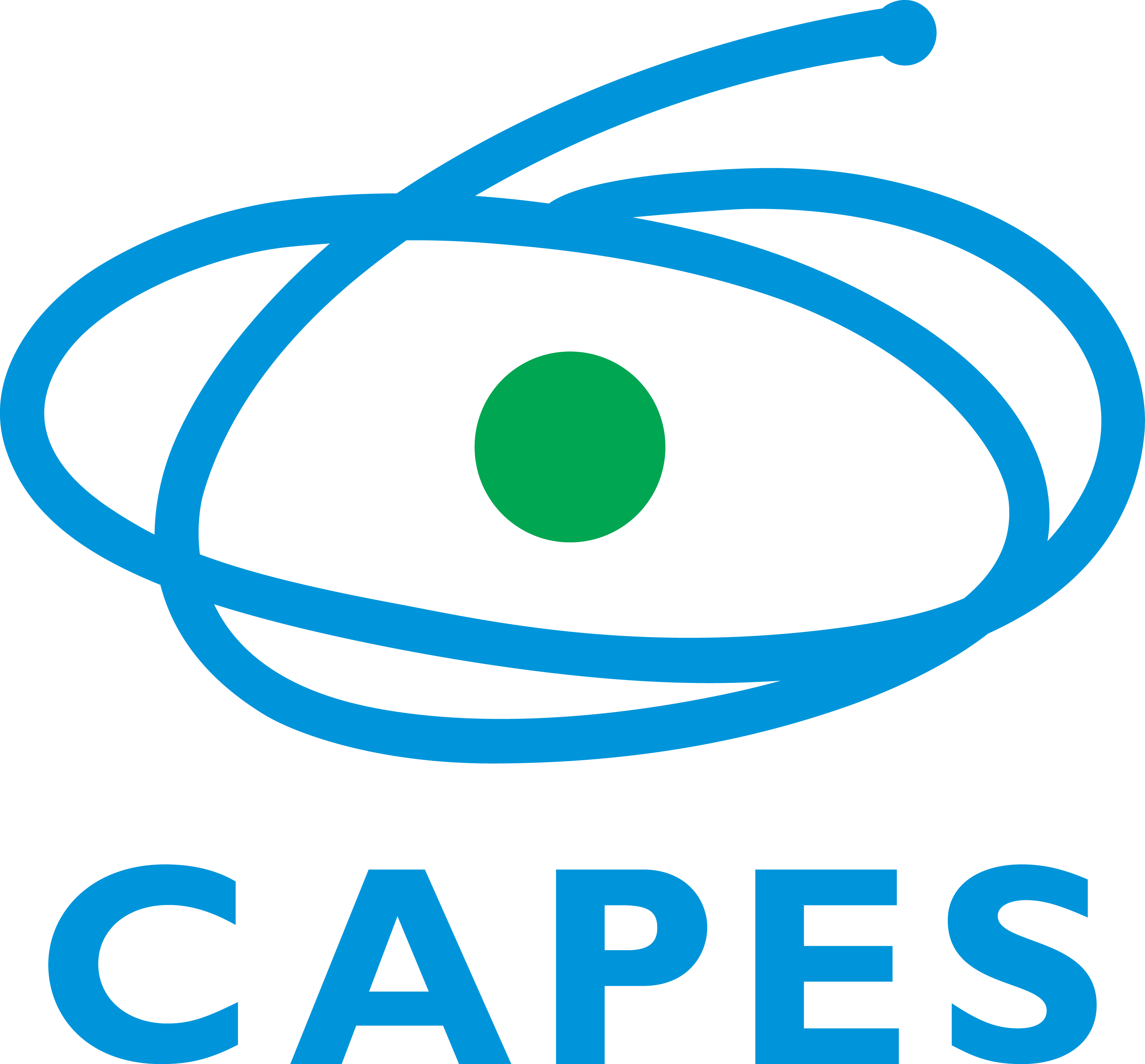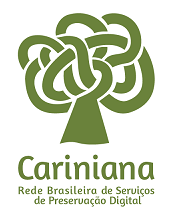Think carefully through the assimilation of concepts and context: considerations relevant to the teaching of history today
DOI:
https://doi.org/10.5433/1984-3356.2010v3n6p823Keywords:
Methodology of history class, Historical concepts, Excellent thinking, Complex thinking, Mathew Lipman, Edgar MorinAbstract
This text brings to the academic debate some concerns and questions of historians who realize in recent times the negative influence of media-communication-training in formation of new generation. The present time is explained by himself, and the future onetime "uncertain" and past is "disconnected" from reality, a kind of "reductionism of History" as school subject and the field of knowledge. Given this situation, intend alternative proposals arising from Philosophy as a discipline History and the others in proposing a reflective education. For this, it will examine the contribution of two contemporary philosophers who have developped categories of analysis for a possible reversal of the negative effects on the educational process: the North American Mathew Lipman and what classifies as "Thought Excellent" and the French Edgar Morin and what he calls of "Complex Thinking".Downloads
Download data is not yet available.
References
AQUINO, Julio Groppa (org.). Indisciplina na Escola: alternativas teóricas e práticas. São Paulo: Summus, 1996.
BITTENCOURT, Circe Maria Fernandes (org.). O saber Histórico na sala de aula. 11. ed. São Paulo: Contexto, 2006.
BITTENCOURT, Circe Maria Fernandes. Ensino de História: fundamentos e métodos. São Paulo: Cortez, 2004.
BRASIL. Ministério da Saúde. Secretaria de Educação. Parâmetros Curriculares Nacionais: história e geografia. 2. Ed. Rio de Janeiro: 2000.
CHAUÍ, Marilena. Simulacro e poder: uma análise da mídia. São Paulo: Fundação Perseu Abramo, 2006.
CODO, Vanderley. O que é Alienação?. São Paulo: Brasiliense, 2004. (Coleção Primeiros Passos).
COELHO, Teixeira. O que é Indústria cultural?. São Paulo: Brasiliense, 1980. (Coleção Primeiros Passos).
FREIRE, Paulo. Ação Cultural para a Liberdade e outros escritos. 11. ed. São Paulo: Paz e Terra, 2006.
FREIRE, Paulo. Pedagogia da Autonomia: saberes necessários à prática educativa. 36. ed. São Paulo: Paz e Terra, 2007.
FREIRE, Paulo. Pedagogia do oprimido. 24. ed. São Paulo: Paz e Terra, 1987.
KARNAL, Leandro (org.). História na sala de aula: conceitos, práticas e propostas. 3. ed. São Paulo: Contexto, 2005.
LIPMAN, Mathew. O pensar na educação. 3. ed. São Paulo: Vozes, 2001.
LORIERI, Marco A. e RIOS, Teresinha A. Filosofia na Escola: O prazer da reflexão. São Paulo: Moderna, 2004.
MORIN, Edgar. A cabeça bem feita: repensar a reforma, reformar o pensamento. Rio de Janeiro: Bertrand Brasil, 1999.
MORIN, Edgar. Os sete saberes necessários à educação do futuro. São Paulo: Cortez, 2003.
PINSKI, Jaime (org.). O Ensino de História e a criação do fato. 5. ed. São Paulo: Contexto, 1992.
SCHIMDT, Maria Auxiliadora e CANELLI, Marlene. Ensinar História. São Paulo: Scipione, 2004.
VIEIRA, Maria do Pilar A. (org.). A pesquisa em História. 4. ed. São Paulo: Ática, 2006.
BITTENCOURT, Circe Maria Fernandes (org.). O saber Histórico na sala de aula. 11. ed. São Paulo: Contexto, 2006.
BITTENCOURT, Circe Maria Fernandes. Ensino de História: fundamentos e métodos. São Paulo: Cortez, 2004.
BRASIL. Ministério da Saúde. Secretaria de Educação. Parâmetros Curriculares Nacionais: história e geografia. 2. Ed. Rio de Janeiro: 2000.
CHAUÍ, Marilena. Simulacro e poder: uma análise da mídia. São Paulo: Fundação Perseu Abramo, 2006.
CODO, Vanderley. O que é Alienação?. São Paulo: Brasiliense, 2004. (Coleção Primeiros Passos).
COELHO, Teixeira. O que é Indústria cultural?. São Paulo: Brasiliense, 1980. (Coleção Primeiros Passos).
FREIRE, Paulo. Ação Cultural para a Liberdade e outros escritos. 11. ed. São Paulo: Paz e Terra, 2006.
FREIRE, Paulo. Pedagogia da Autonomia: saberes necessários à prática educativa. 36. ed. São Paulo: Paz e Terra, 2007.
FREIRE, Paulo. Pedagogia do oprimido. 24. ed. São Paulo: Paz e Terra, 1987.
KARNAL, Leandro (org.). História na sala de aula: conceitos, práticas e propostas. 3. ed. São Paulo: Contexto, 2005.
LIPMAN, Mathew. O pensar na educação. 3. ed. São Paulo: Vozes, 2001.
LORIERI, Marco A. e RIOS, Teresinha A. Filosofia na Escola: O prazer da reflexão. São Paulo: Moderna, 2004.
MORIN, Edgar. A cabeça bem feita: repensar a reforma, reformar o pensamento. Rio de Janeiro: Bertrand Brasil, 1999.
MORIN, Edgar. Os sete saberes necessários à educação do futuro. São Paulo: Cortez, 2003.
PINSKI, Jaime (org.). O Ensino de História e a criação do fato. 5. ed. São Paulo: Contexto, 1992.
SCHIMDT, Maria Auxiliadora e CANELLI, Marlene. Ensinar História. São Paulo: Scipione, 2004.
VIEIRA, Maria do Pilar A. (org.). A pesquisa em História. 4. ed. São Paulo: Ática, 2006.
Downloads
Published
2011-02-08
How to Cite
RODRIGUES, André Wagner. Think carefully through the assimilation of concepts and context: considerations relevant to the teaching of history today. Antíteses, [S. l.], v. 3, n. 6, p. 823–835, 2011. DOI: 10.5433/1984-3356.2010v3n6p823. Disponível em: https://ojs.uel.br/revistas/uel/index.php/antiteses/article/view/3947. Acesso em: 16 dec. 2025.
Issue
Section
Dossier
License
Copyright (c) 2010 Antiteses

This work is licensed under a Creative Commons Attribution 4.0 International License.
The journal reserves the copyright on the contributions published, without material compensation for the author, and may make them available online in Open Access mode, through its own system or other databases; you can also make normative, orthographic and grammatical changes in the originals, in order to maintain the cultured standard of the language, with the final consent of the authors. The opinions expressed by the authors are their sole responsibility.









